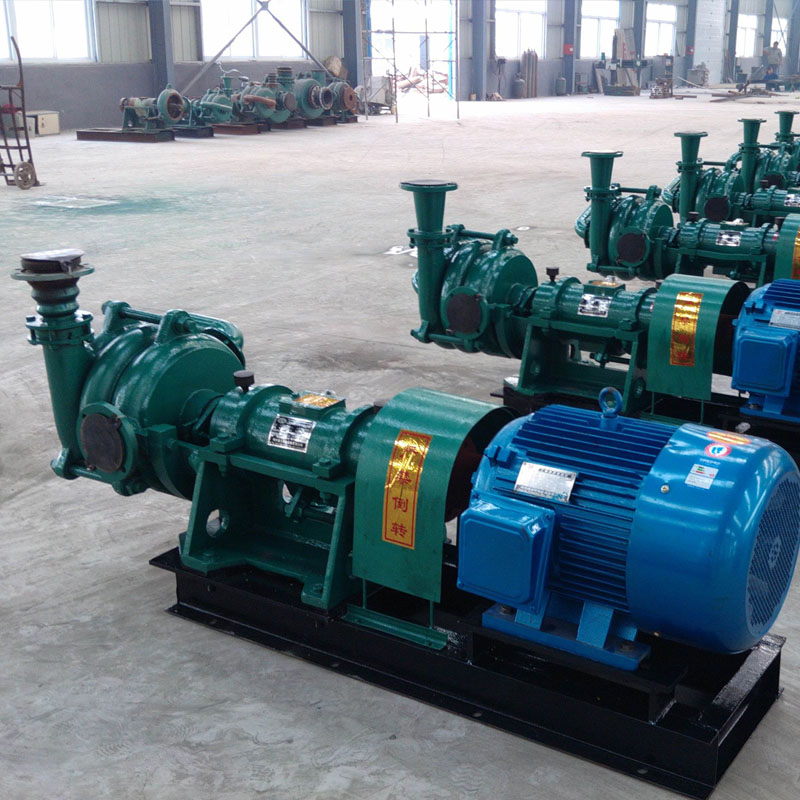Gujarati
- Afrikaans
- Albanian
- Amharic
- Arabic
- Armenian
- Azerbaijani
- Basque
- Belarusian
- Bengali
- Bosnian
- Bulgarian
- Catalan
- Cebuano
- Corsican
- Croatian
- Czech
- Danish
- Dutch
- English
- Esperanto
- Estonian
- Finnish
- French
- Frisian
- Galician
- Georgian
- German
- Greek
- Gujarati
- Haitian Creole
- hausa
- hawaiian
- Hebrew
- Hindi
- Miao
- Hungarian
- Icelandic
- igbo
- Indonesian
- irish
- Italian
- Japanese
- Javanese
- Kannada
- kazakh
- Khmer
- Rwandese
- Korean
- Kurdish
- Kyrgyz
- Lao
- Latin
- Latvian
- Lithuanian
- Luxembourgish
- Macedonian
- Malgashi
- Malay
- Malayalam
- Maltese
- Maori
- Marathi
- Mongolian
- Myanmar
- Nepali
- Norwegian
- Norwegian
- Occitan
- Pashto
- Persian
- Polish
- Portuguese
- Punjabi
- Romanian
- Russian
- Samoan
- Scottish Gaelic
- Serbian
- Sesotho
- Shona
- Sindhi
- Sinhala
- Slovak
- Slovenian
- Somali
- Spanish
- Sundanese
- Swahili
- Swedish
- Tagalog
- Tajik
- Tamil
- Tatar
- Telugu
- Thai
- Turkish
- Turkmen
- Ukrainian
- Urdu
- Uighur
- Uzbek
- Vietnamese
- Welsh
- Bantu
- Yiddish
- Yoruba
- Zulu
Telephone: +86 13120555503
Email: frank@cypump.com
નવેમ્બર . 05, 2024 03:48 Back to list
septic effluent pump
Understanding Septic Effluent Pumps Essential Components of Wastewater Management
Septic effluent pumps are crucial components in the effective management of wastewater in systems that utilize septic tanks. These pumps play a vital role in transporting treated wastewater away from the septic tank to a drain field or other disposal area. With an increasing number of households relying on septic systems, understanding the function and importance of these pumps becomes essential.
A septic system typically consists of a tank and a drain field. In this system, wastewater from the household flows into the septic tank, where the solids settle to the bottom, forming sludge, while lighter substances, like grease, float to the top, forming scum. The liquid effluent, which is primarily composed of treated wastewater, exits the tank. However, gravity alone may not always suffice to move this effluent to the drain field, particularly in areas with challenging topography. This is where septic effluent pumps become indispensable.
Septic effluent pumps are specifically designed to handle the unique characteristics of wastewater. Unlike standard sump pumps, these pumps can handle solids and semi-solids in addition to liquid. They are typically submersible pumps, meaning they are installed below the water level in the septic tank, allowing for efficient pumping of effluent once it reaches a certain level within the tank.
septic effluent pump

When choosing a septic effluent pump, several factors must be considered
. The pump's capacity is essential; it must be able to handle the volume of wastewater generated by the household. Additionally, the pump should be capable of managing any solids present in the effluent. The installation of a high-quality pump can significantly reduce the risk of blockages and malfunctions, ensuring that the wastewater is efficiently transported away from the home.Regular maintenance of the septic effluent pump is also critical. Homeowners should periodically check the pump for any signs of wear or damage and ensure that it is functioning correctly. Routine inspections can help identify potential issues before they escalate, saving time and money in the long run.
In conclusion, septic effluent pumps are essential for the proper functioning of septic systems, particularly in areas where gravity drainage isn’t feasible. Understanding their operation, selecting the right pump, and committing to maintenance are all key steps for homeowners to ensure a reliable and efficient wastewater management system. Proper care and attention to septic effluent pumps contribute not only to the longevity of the septic system but also to environmental protection, as they help ensure that wastewater is treated and disposed of safely.
-
Horizontal Split Case Pump with GPT-4 Turbo | High Efficiency
NewsAug.01,2025
-
ISG Series Pipeline Pump - Chi Yuan Pumps | High Efficiency, Durable Design
NewsAug.01,2025
-
Advanced Flue Gas Desulfurization Pump with GPT-4 Turbo | Durable & Efficient
NewsJul.31,2025
-
ISG Series Vertical Pipeline Pump - Chi Yuan Pumps | Advanced Hydraulic Design&Durable Construction
NewsJul.31,2025
-
ISG Series Vertical Pipeline Pump - Chi Yuan Pumps | Energy Efficient & Low Noise
NewsJul.31,2025
-
pipeline pump - Chi Yuan Pumps Co., LTD.|High Efficiency&Low Noise
NewsJul.31,2025










